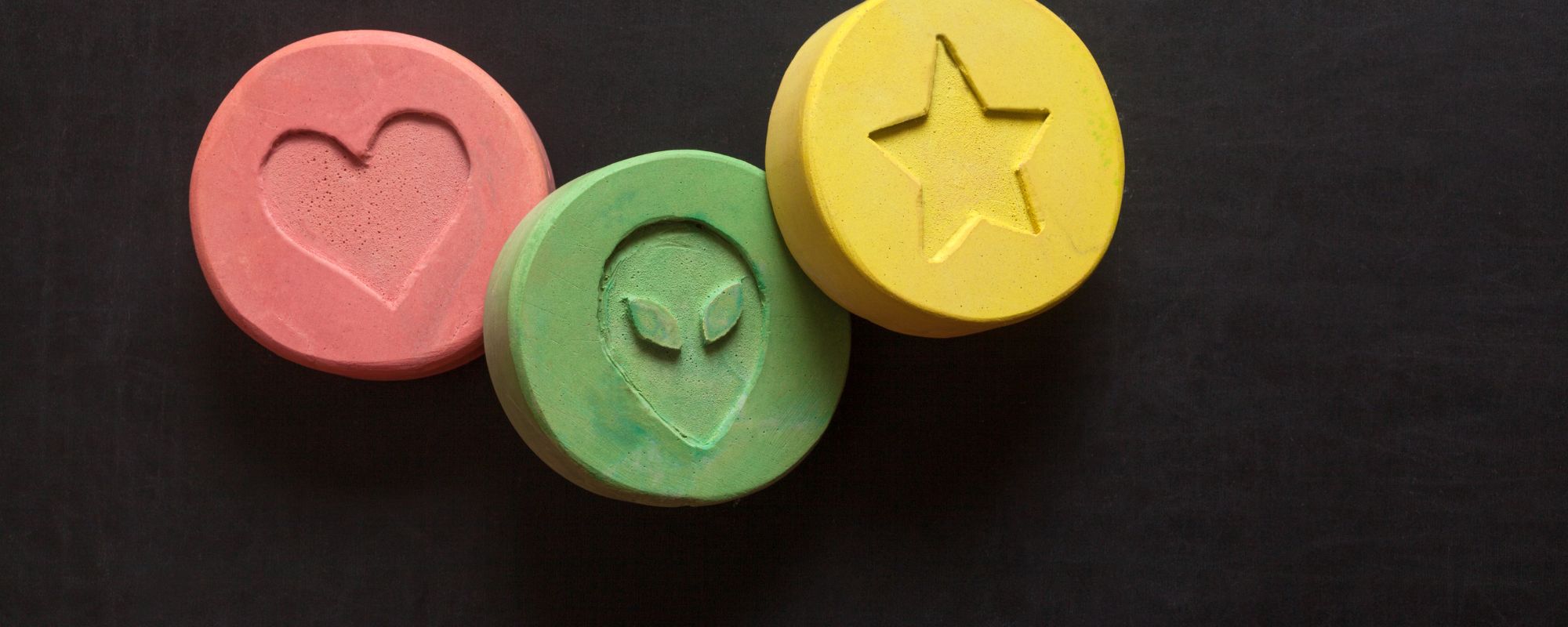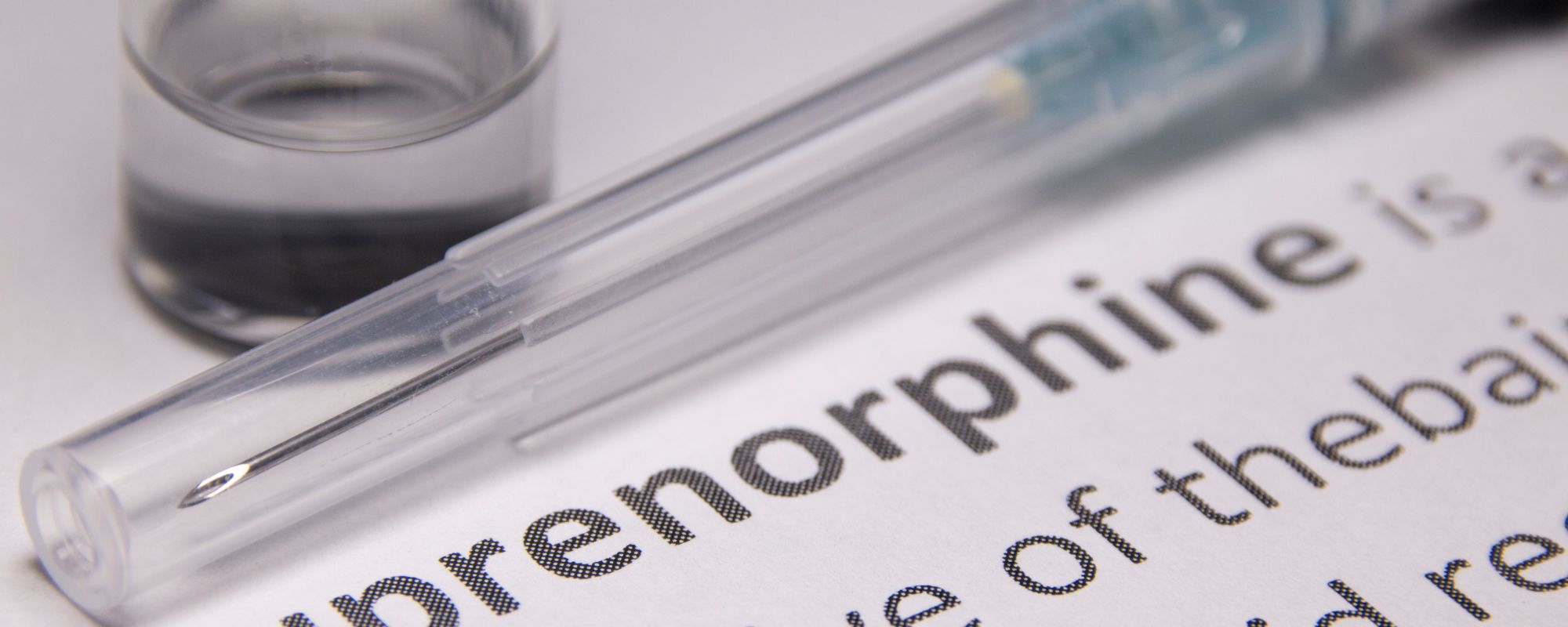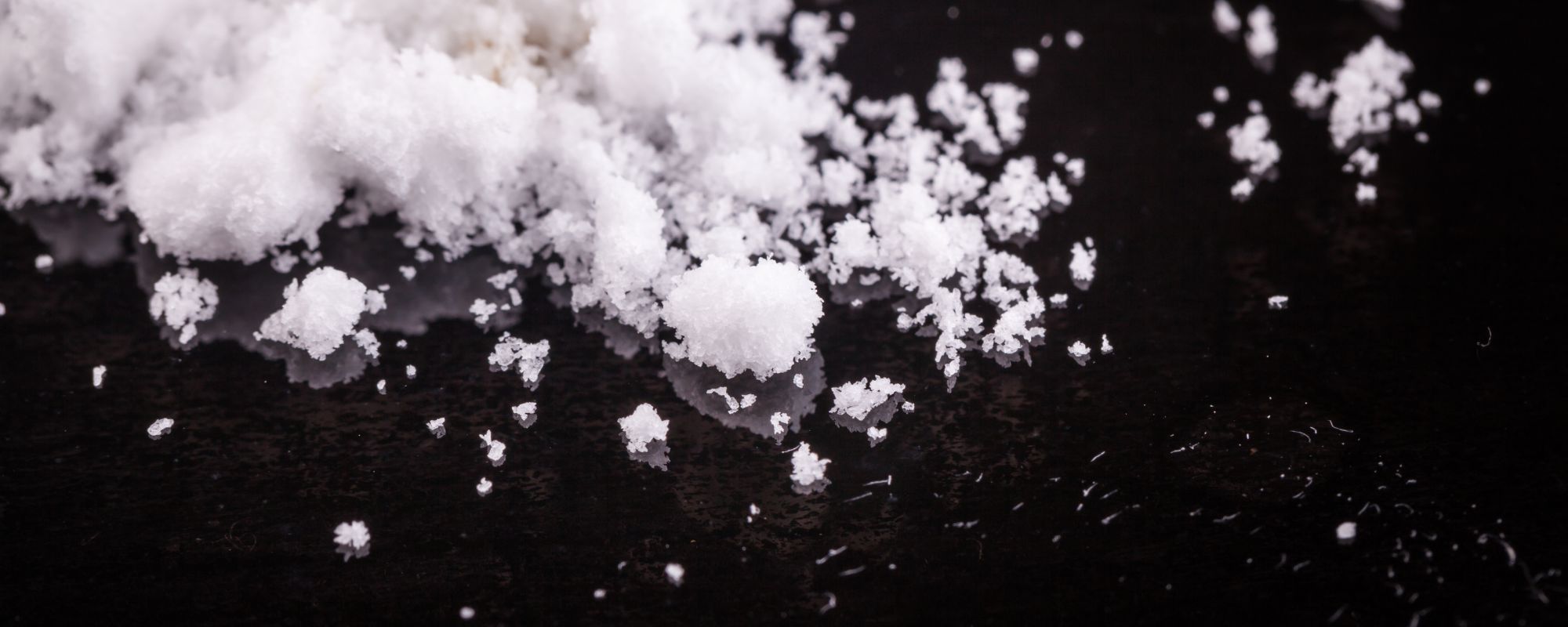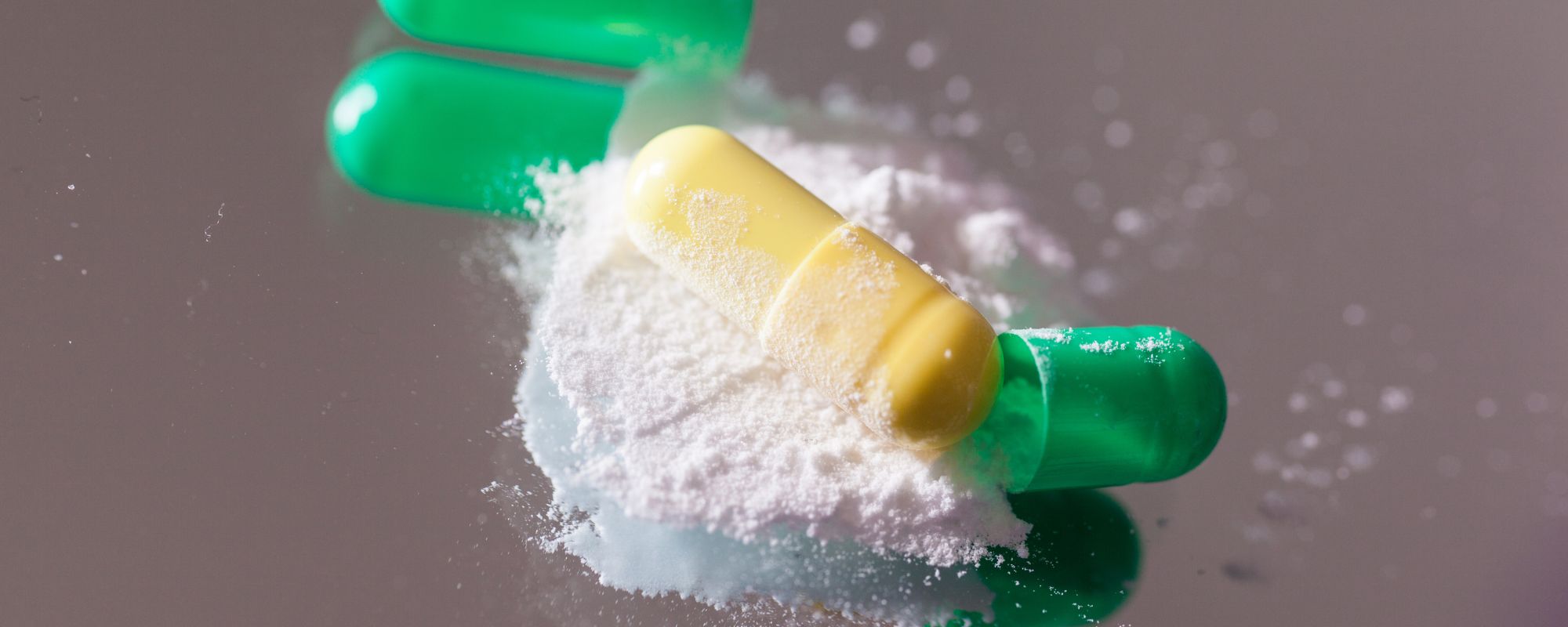Anyone who isn’t familiar with the substance may wonder, “How long does Molly last?” Once you take the drug Molly, also called MDMA, it will create a fast high in your body. Yet, even after its effects wear off, it lingers in your system. Exactly how long Molly lasts is a complex question, so let’s unpack Molly’s timeframe in your system.
What Is Molly?
Molly is one of the street names for the drug 3-4 methylenedioxymethamphetamine, which is shortened to MDMA. Ecstasy is another common name. People are often confused by the composition of the drug, wondering, “Is Molly a stimulant or depressant?” MDMA is a synthetic stimulant that also acts as a psychedelic. Molly has been likened to methamphetamine if it was combined with the psychoactive properties of mescaline. MDMA is manufactured in labs largely based in Canada and the Netherlands. Then, it has to be smuggled into the United States because it is an illegal substance. In fact, the Drug Enforcement Administration lists ecstasy as a Schedule I Controlled Substance that serves no medical purpose yet is highly addictive.
Although MDMA isn’t safe to use because of its addictive properties, it’s a common party drug, especially with young people. Molly’s effects on the brain and body include heightened energy, sociability, and feelings of pleasure. Additionally, it’s an empathogen that increases one’s connection to others in social settings by increasing empathy in the brain. When taken as a full dose, these feelings can be intense and overwhelming and may lead to a dependency on the drug. Thus, some individuals experiment with microdosing MDMA to get a lighter version of these effects. Yet, microdosing is still an illicit drug use. Because of the lack of quality and dose control, Molly microdosing can be dangerous and habit-forming.
Are Molly and Ecstasy the Same Thing?
Yes, Molly and ecstasy refer to the same substance, which is also commonly known as MDMA. It can be sourced as a white or off-white powder, colorful capsules, or liquid. Yet, tablets are the most used version of Molly. Black market MDMA laboratories often establish their brand identity through symbols or logos that they stamp on the pills.
Other Names for Ecstasy
MDMA has many street names that refer to it. Technically, Molly refers to capsule form, but most street terms are used interchangeably. Some of the names for Molly derive from the logo imprinted onto the tablet by the lab of origin.
- Ecstasy
- E
- Eve
- X
- Hug Drug
- Caps
- Clarity
- Mitsubishis
- Disco Biscuit
- Lover’s Speed
Can You Overdose on Molly?
It’s possible to overdose on Molly quite easily. Since it’s an artificial substance that must be smuggled into the U.S., MDMA undergoes no safety standards before it’s distributed. Therefore, individuals don’t know what substances they are consuming. Often, Molly is mixed with other drugs, like painkillers, opiates, and fentanyl. Depending on the individual’s risk factors, they can overdose from a single dose of Molly. However, the risk is especially high if they mix their MDMA with other substances, as they may be ingesting a range of interacting drugs.
How Long Does Molly Last?
Molly is infamous for being used as a club drug that allows individuals to party for a long stretch. One main factor in how long the effects of Molly last is the dose you take. Generally, you will feel a heightened mood and energy for four to six hours after taking ecstasy. Even after the high wears off, how long does Molly stay in your system? With just one dose, Molly can be detected in your body for anywhere between 1-5 days, depending on the potency. Blood and urine tests can find traces of ecstasy for upwards of 48 hours.
Get confidential help from our addiction and mental health treatment facilities located across the United States. Call to join one of our quality programs today!
Speak With Our Admissions TeamWhat Is Coming Down from Molly Like?
There are many dangerous Molly symptoms that can be present during the high and during the comedown. These include the following health concerns:
- Dehydration
- Hyperthermia
- Sweating
- Hallucinations, including a floating feeling
- Rapid heart rate
- High blood pressure
- Kidney failure
- Heart failure
Notably, when coming down from Molly, you might feel psychological symptoms kick in, such as worsening mood, anxiousness, or irritability.
What Are the Signs of Mollys Abuse?
When you suspect someone might be using Molly, there are a few indicators that may show drug use. Firstly, a good sign is if your loved one is able to party all night with seemingly endless energy. Their sleep schedule may become inconsistent on the nights they don’t party, and they may battle insomnia. Also, if you notice they sometimes act a lot more social and friendly, this is a symptom of MDMA. Additional signs of Molly use include:
- Loss of appetite
- Anxiety
- Depression
- Trouble sleeping
- Paranoia
- Teeth clenching
- Muscle aches and pains
- Nausea
- Blurry vision
- Irrational behavior
What Is Molly Abuse Treatment Like?
If someone is using Molly, their best hope of recovery is found through a treatment center for drug abuse and addiction. The first stage is Molly detox to safely remove all traces of Molly from your system. This allows you to face rehab as a sober individual. Throughout continuing levels of care, you will grow in your recovery to make sobriety a personal goal. As long as you abuse drugs, you’ll stay trapped in a cycle of dependency, but we provide tools to overcome your cravings.
Looking for quality treatment for substance abuse and mental health that’s also affordable? Aliya Health Group's treatment facilities accept most major insurance providers. Get a free insurance benefits check now!
Check Your CoverageMolly Abuse Treatment at Aliya Health Group
At Aliya, all guests participate in a combination of traditional drug addiction counseling and holistic therapies. Overall, the goals of rehab are to unpack the roots of addiction and escape the cycle of drug abuse. In each level of care, we’ll walk you through the process of finding peace in the form of lasting sobriety. Addiction treatments, along with behavioral therapy, can help mitigate the effects of MDMA abuse and help end substance abuse once and for all. Find the treatment program that fits your needs when you trust a certified addiction recovery center.
Please contact our admissions team today to learn more about treatment!















